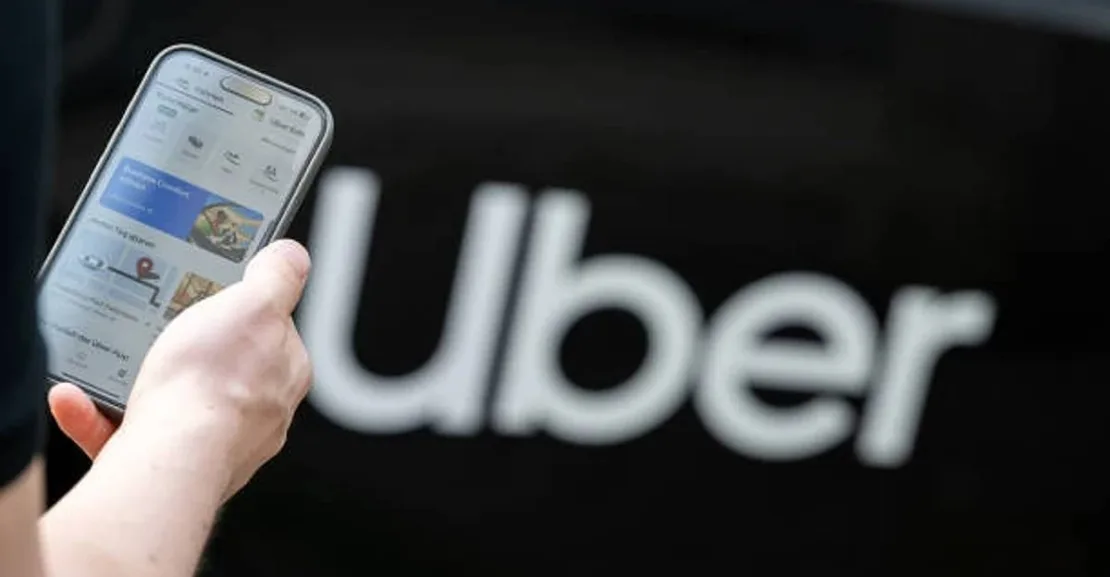Updated 29 May 2025 at 17:23 IST
Uber is facing regulatory scrutiny for a new feature called Advanced Tip. What is it, and how is it illegal?
CCPA issued a notice to Uber after the cab-aggregator platform was found nudging users to pay ‘advance tips’ for faster ride confirmation. | Image:
X
Uber is once again under the government’s scanner for its latest “Advanced Tip” feature, which allows riders to pay a nominal gratuity, labelled as a tip, to lure drivers into accepting rides faster. While the feature seems like a convenience at first, it has miffed passengers, who called out Uber for trapping users into paying more, especially when tips are optional, through manipulation — a common practice called a dark pattern. The consumer protection watchdog took up the matter last week, issuing a notice to the ride-hailing app company.
What is Uber Advanced Tip?
Advanced Tip is Uber’s new feature that lets riders preemptively pay for their ride, and the fee, the company says, helps drivers accept their rides more proactively. In other words, Uber urges riders to incentivise drivers for their good service in advance and encourage good behaviour during the ride. The feature appears in the app with emotionally charged messages such as “Show your appreciation before the ride starts.”
While tips are a common way to reward drivers, they are often added after a ride has been accepted by drivers. Other ride-hailing apps, Ola and Rapido, have similar tipping options, allowing riders to increase the fare when drivers are not accepting rides.
Uber said the feature is aimed at enhancing “rider-driver engagement” and offering “more control to the rider.” It said tipping remains optional with customisations, but did not comment on whether present amounts as tips will continue.
What is the controversy?
After multiple users called out Uber for practising a dark pattern in the name of Advanced Tip, the government took cognisance of the matter. The Ministry of Consumer Affairs sent a notice to Uber, demanding an explanation on what the feature is and whether it defies business ethics. “Forcing or nudging users to pay a tip in advance, for faster service, is unethical and exploitative,” said Prahlad Joshi, Union Minister for Consumer Affairs.
Uber has been accused of preying on user guilt and putting social pressure to reward good behaviour with emotionally loaded messages. However, the government’s concern skirts around that sentiment and targets the company’s dark pattern. According to officials familiar with the probe, Uber may not have disclosed that the advanced tips paid by users are non-refundable. This means that when a rider cancels a ride or receives poor service despite the preemptive reward, the advance tip will not be refunded.
The government has demanded answers for the lack of transparency on this feature, combined with front-loading of emotional messages. In legal terms, this practice is called “confirmshaming” under India’s new guidelines on deceptive UX practices. “Dark patterns are no longer a grey area in Indian law,” an official was quoted as saying by The Hindu.
What are dark patterns?
Dark patterns are recognised as practices employed by a business entity to manipulate customers into paying more through deceptive methods, like opaque advertising or messages hidden so deep in the app that they are hardly visible to customers. Protection against dark patterns was added to India’s Consumer Protection (E-Commerce) Rules in 2023, calling them unlawful. Previously, companies such as Zomato and MakeMyTrip have been scrutinised over similar practices, such as auto-ticking donation boxes or hiking cancellation fees without explicitly mentioning terms and conditions.
What are the implications?
Should Uber fail to prove its new business practice, the government may pick this case as a landmark to set a precedent for India’s gig economy. The regulators have increased their focus on dark patterns, and it may help curb businesses from misleading customers.
Published 29 May 2025 at 17:23 IST

